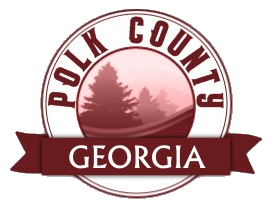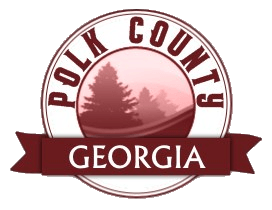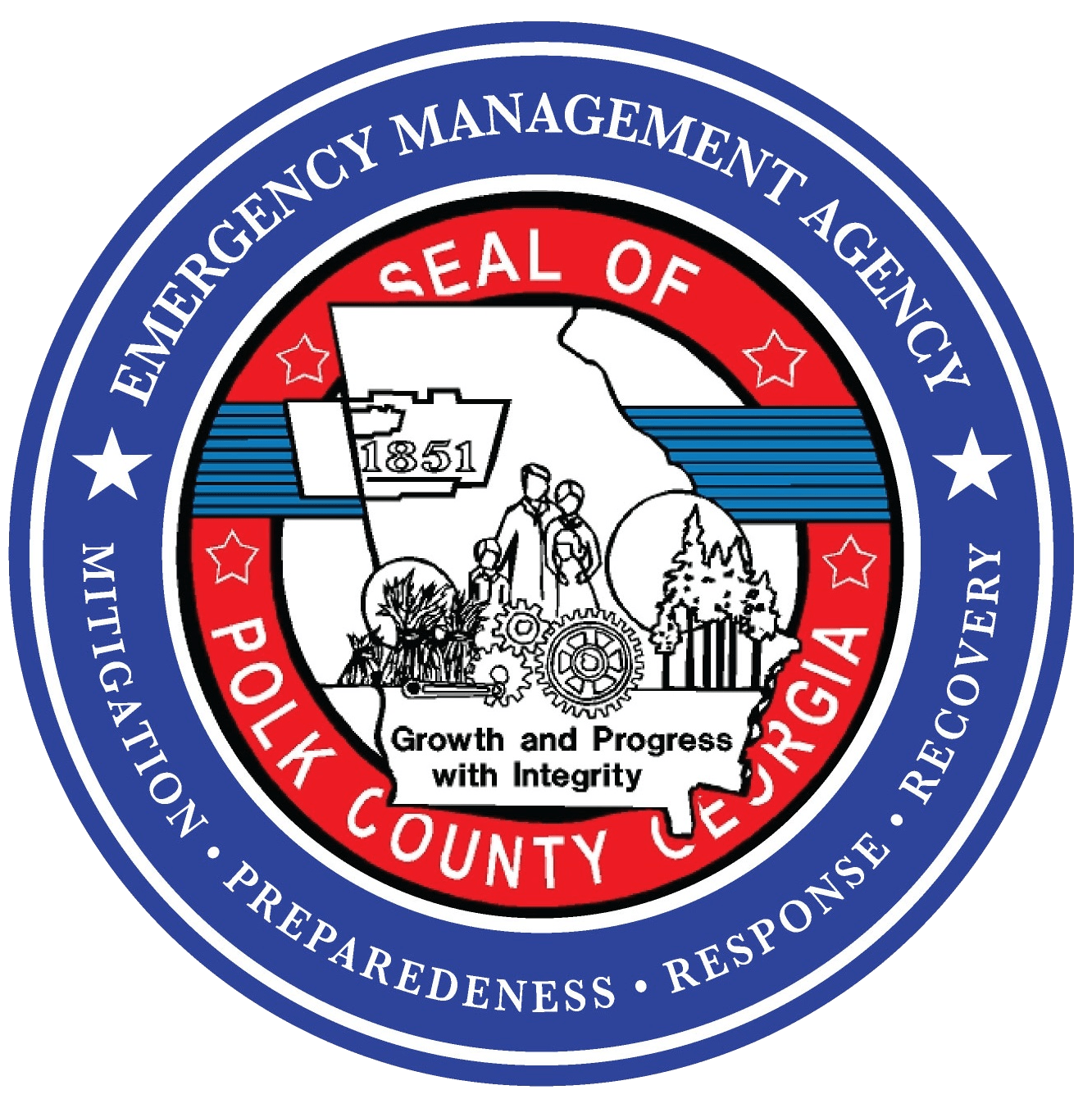What You Do After the Storm
We suggest that you keep listening to radio, TV, or NOAA Weather Radio. Wait until an area is declared safe before entering. Roads may be closed for your protection. If you come upon a barricade or a flooded road remember turn around dont drown, and go another way! Avoid weakened bridges and washed out roads. Do not drive into flooded areas! Stay on firm ground. Moving water only 6 inches deep can sweep you off your feet. Standing water may be electrically charged from underground or downed power lines. Remember to check gas, water, and electrical lines and appliances for damage. Do not drink or prepare food with tap water until you are certain it is not contaminated. Avoid using candles and other open flames indoors. Use a flashlight to inspect for damage. Use the telephone to report life-threatening emergencies only. Be especially cautious if using a chainsaw to cut fallen trees.
If you can, help Your Neighbors. If you come across people that are injured and you are properly trained, provide first aid to victims until emergency responders arrive.
Be careful near damaged buildings.
- Do not enter a damaged building until local authorities determine it is safe. Hurricanes can damage buildings and make them unsafe.
- Leave your home or building if you hear shifting or unusual noises. Strange noises could mean the building about to fall.
Stay away from power lines.
- Watch out for fallen power lines that may be hanging overhead.
- Stay clear of fallen power lines. Call the electric company to report them.
Prevent carbon monoxide poisoning.
Fuel-burning equipment creates carbon monoxide (CO). This can include equipment like generators, pressure washers, charcoal grills, and camp stoves. You can’t smell or see carbon monoxide, but if it builds up in your home, it can cause sudden illness and death.
- Never use portable gasoline or coal-burning equipment or camp stoves inside your home, basement, or garage. Keep it outside and at least 20 feet from any window, door, or vent.
- Use a battery-operated or battery backup CO detector any time you use a generator or anything else that burns fuel.
- If you have a CO detector and it starts beeping, leave your home right away and call 911.
If the power is out, use flashlights instead of candles.
- If you have to use candles, keep them away from anything that can catch fire. Always stay near lit candles.
- Keep a fire extinguisher handy, and make sure your family knows how to use it.



















